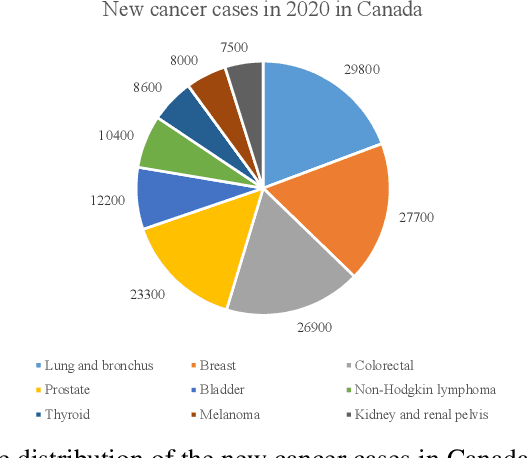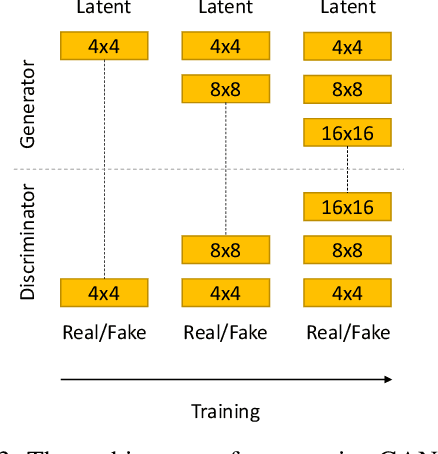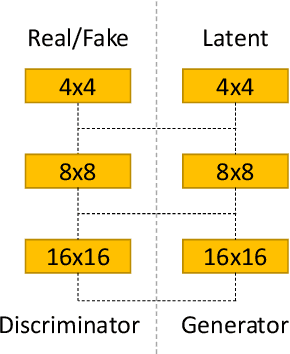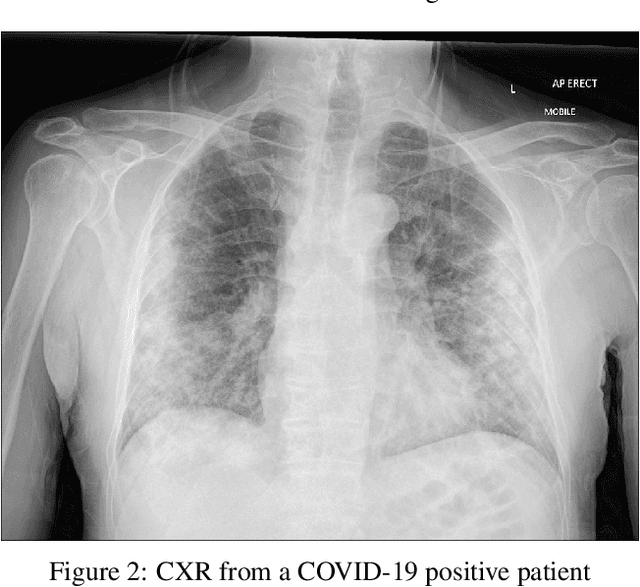Seokbum Ko
Capsule GAN for Prostate MRI Super-Resolution
May 20, 2021



Abstract:Prostate cancer is a very common disease among adult men. One in seven Canadian men is diagnosed with this cancer in their lifetime. Super-Resolution (SR) can facilitate early diagnosis and potentially save many lives. In this paper, a robust and accurate model is proposed for prostate MRI SR. The model is trained on the Prostate-Diagnosis and PROSTATEx datasets. The proposed model outperformed the state-of-the-art prostate SR model in all similarity metrics with notable margins. A new task-specific similarity assessment is introduced as well. A classifier is trained for severe cancer detection and the drop in the accuracy of this model when dealing with super-resolved images is used for evaluating the ability of medical detail reconstruction of the SR models. The proposed SR model is a step towards an efficient and accurate general medical SR platform.
COVID-CXNet: Detecting COVID-19 in Frontal Chest X-ray Images using Deep Learning
Jun 16, 2020



Abstract:One of the primary clinical observations for screening the infectious by the novel coronavirus is capturing a chest x-ray image. In most of the patients, a chest x-ray contains abnormalities, such as consolidation, which are the results of COVID-19 viral pneumonia. In this study, research is conducted on efficiently detecting imaging features of this type of pneumonia using deep convolutional neural networks in a large dataset. It is demonstrated that simple models, alongside the majority of pretrained networks in the literature, focus on irrelevant features for decision-making. In this paper, numerous chest x-ray images from various sources are collected, and the largest publicly accessible dataset is prepared. Finally, using the transfer learning paradigm, the well-known CheXNet model is utilized for developing COVID-CXNet. This powerful model is capable of detecting the novel coronavirus pneumonia based on relevant and meaningful features with precise localization. COVID-CXNet is a step towards a fully automated and robust COVID-19 detection system.
 Add to Chrome
Add to Chrome Add to Firefox
Add to Firefox Add to Edge
Add to Edge